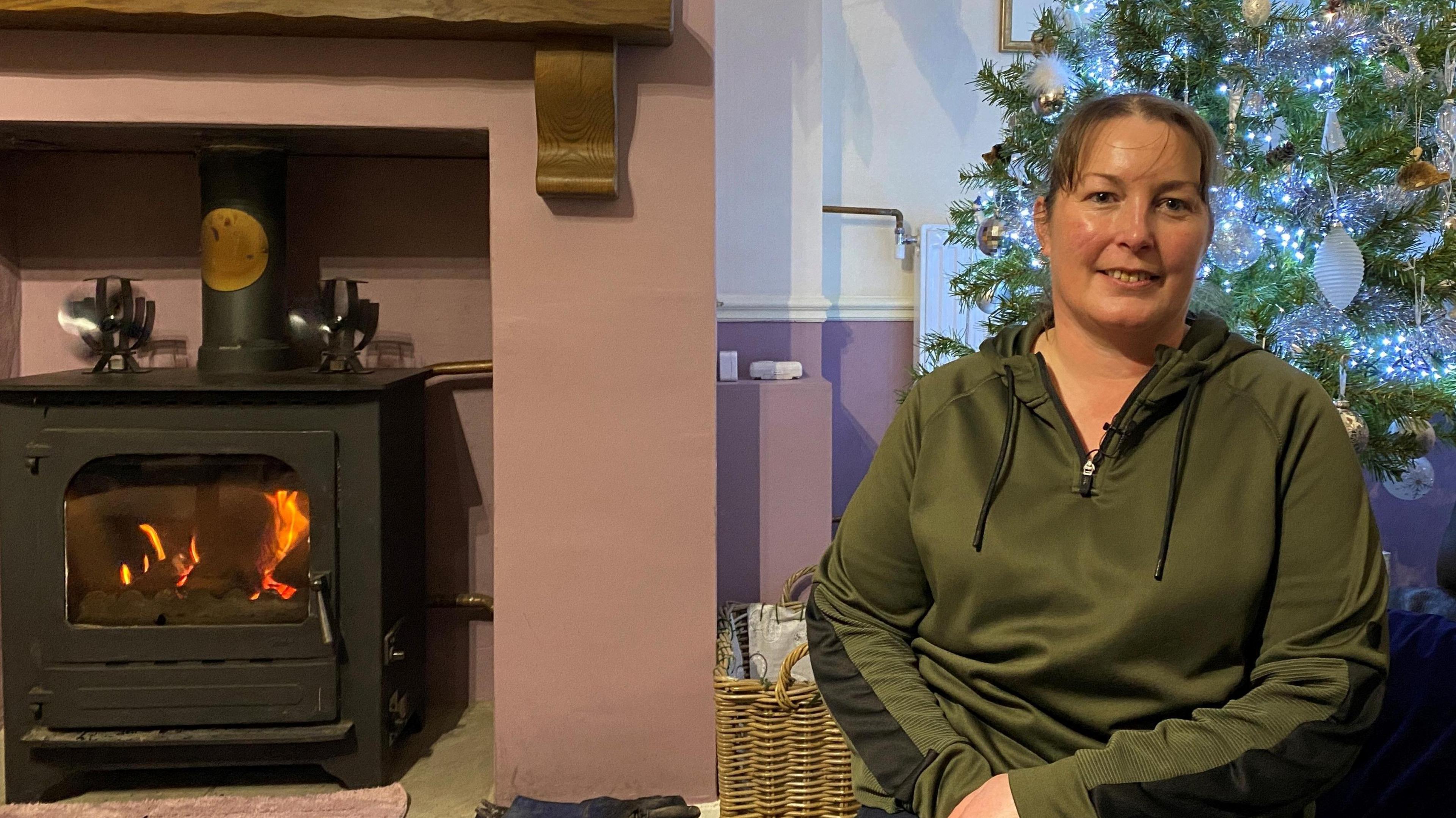WI members begin water testing to protect river
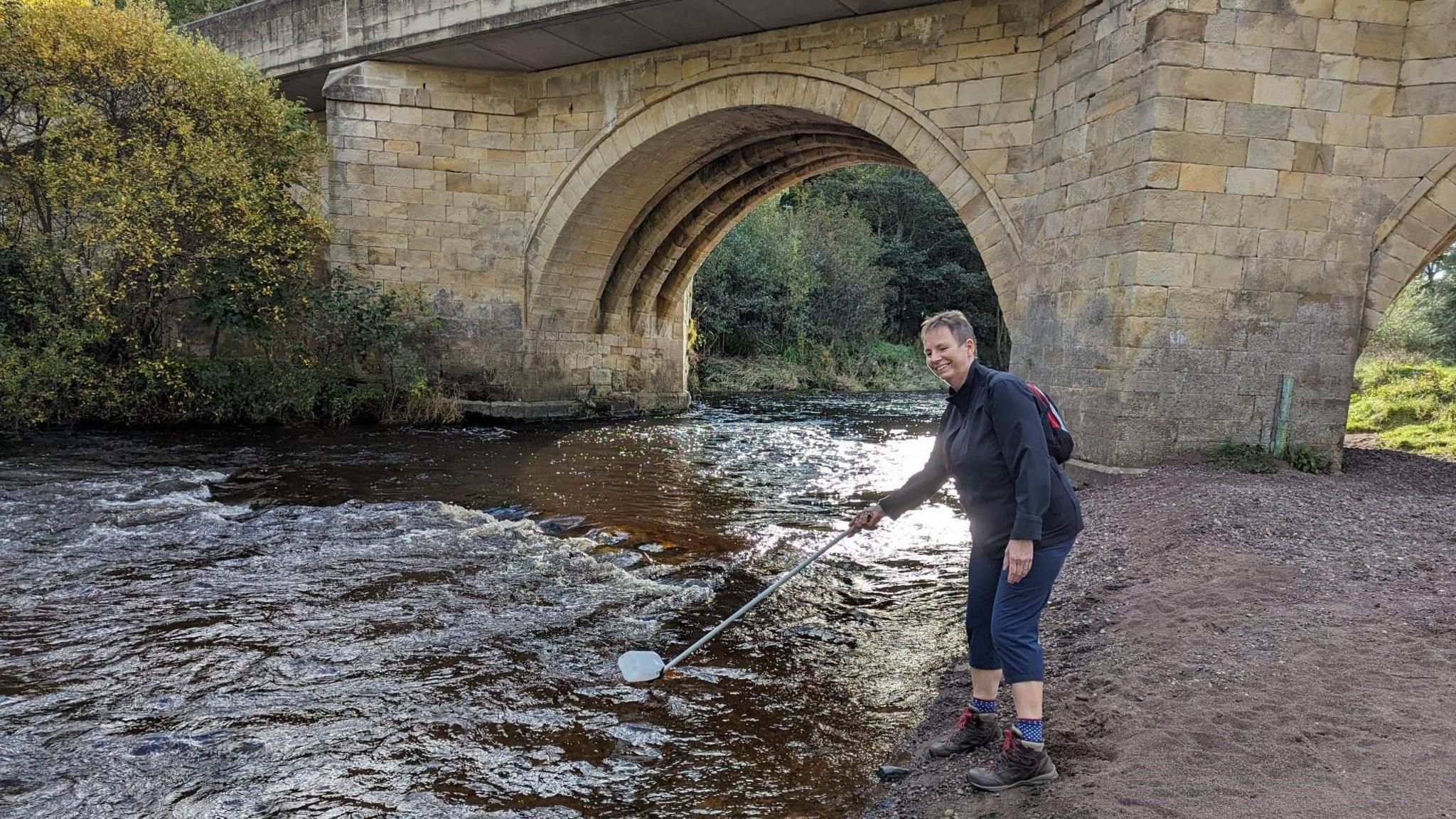
Testing takes place at 30 sites along the River Coquet
- Published
Dozens of members of the Women's Institute (WI) have begun testing a river's water as part of a long-term project to improve its biodiversity.
Three groups at Amble, Warkworth and Rothbury in Northumberland are part of the Coquet River Action Group (Crag), a new partnership of community groups which want to protect the river catchment.
They have begun testing at 30 sites along the river to produce a database of information about the river's health.
Chair of Crag Jane Davis said: "The Coquet is one of England's most beautiful rivers and we want to keep it that way."
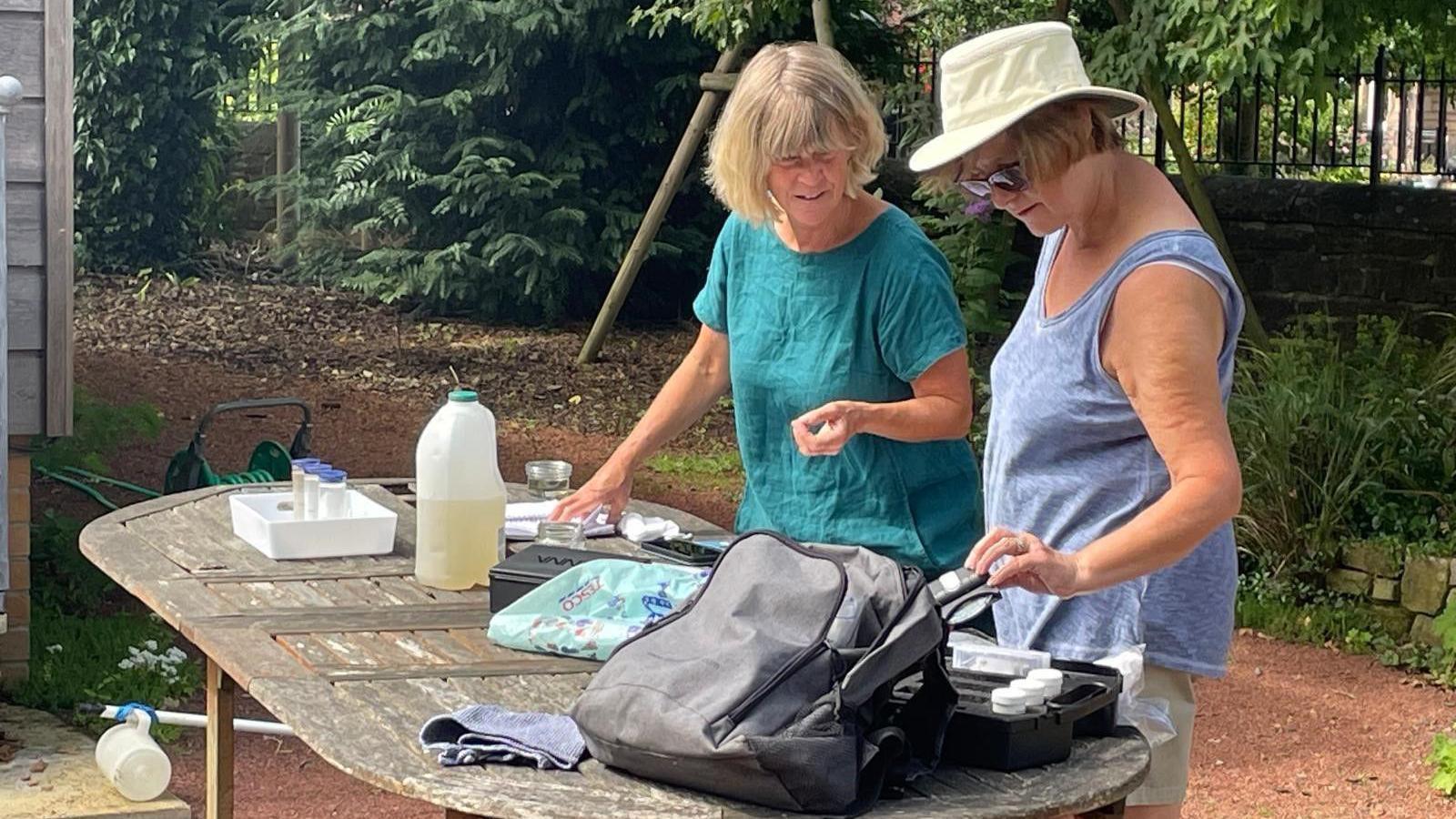
The tests are done fortnightly in most places and weekly in the summer
"The idea began in 2023 when the national WI passed a resolution Clean Rivers for People and Wildlife, external, which Rothbury WI wanted to support," Ms Davis said.
"We contacted the Northumberland Rivers Trust that wanted to get some sort of citizen science testing of the water quality going.
"I set up a meeting with other WIs, some parish councils and other environmental groups and it just grew from there really."
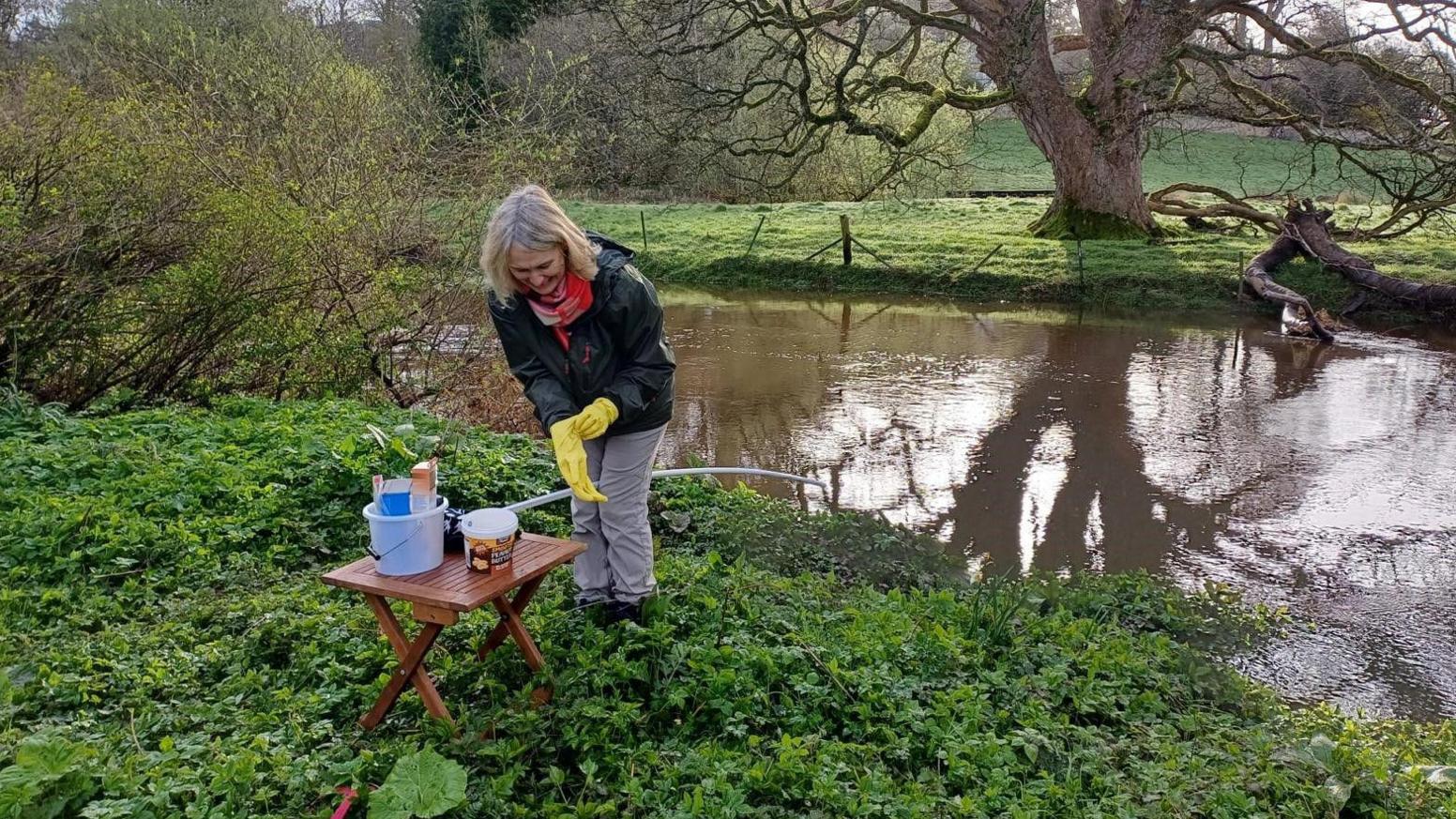
WI members do some of the testing but other groups also help
The group wants to build a database showing water quality over time, and tests are done on the same day every month, and then at least fortnightly.
They use kits approved by the Environment Agency to measure the electrical conductivity, PH, temperature and levels of phosphate, ammonia and nitrate in the water.
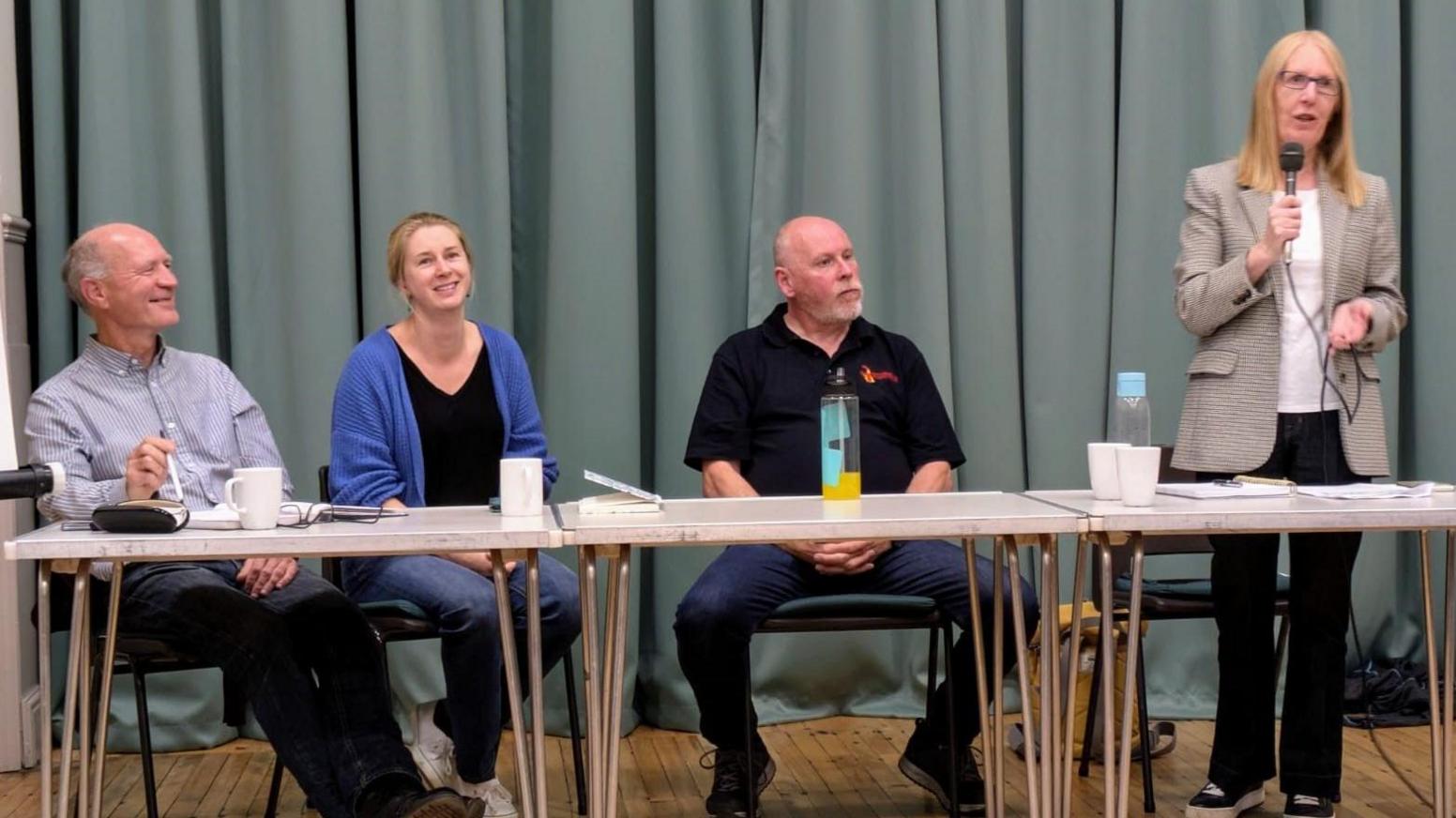
Crag is made up of WI members, parish councils and environmental groups and the Northumberland Rivers Trust
It took about half an hour to do the main set of tests but people could be taught quite easily, Ms Davis said.
Crag is planning other projects, such as tackling invasive species like Japanese Knotweed, testing for e-coli to support applications for bathing water status, and a riverfly survey.

The highest point for testing is at Barrowburn in the Upper Coquetdale
"In the very long term there may even be a River Coquet footpath along its entire length," Ms Davis said.
"But for the moment, we just want to develop wildlife corridors, link up species and just do our best to protect and enhance the river and all the ecosystems that rely on it".
Follow BBC North East on X, external, Facebook, external, Nextdoor, external and Instagram, external. Send your story ideas to northeastandcumbria@bbc.co.uk.
More stories from BBC North East and Cumbria
- Published8 December 2024

- Published24 October 2024
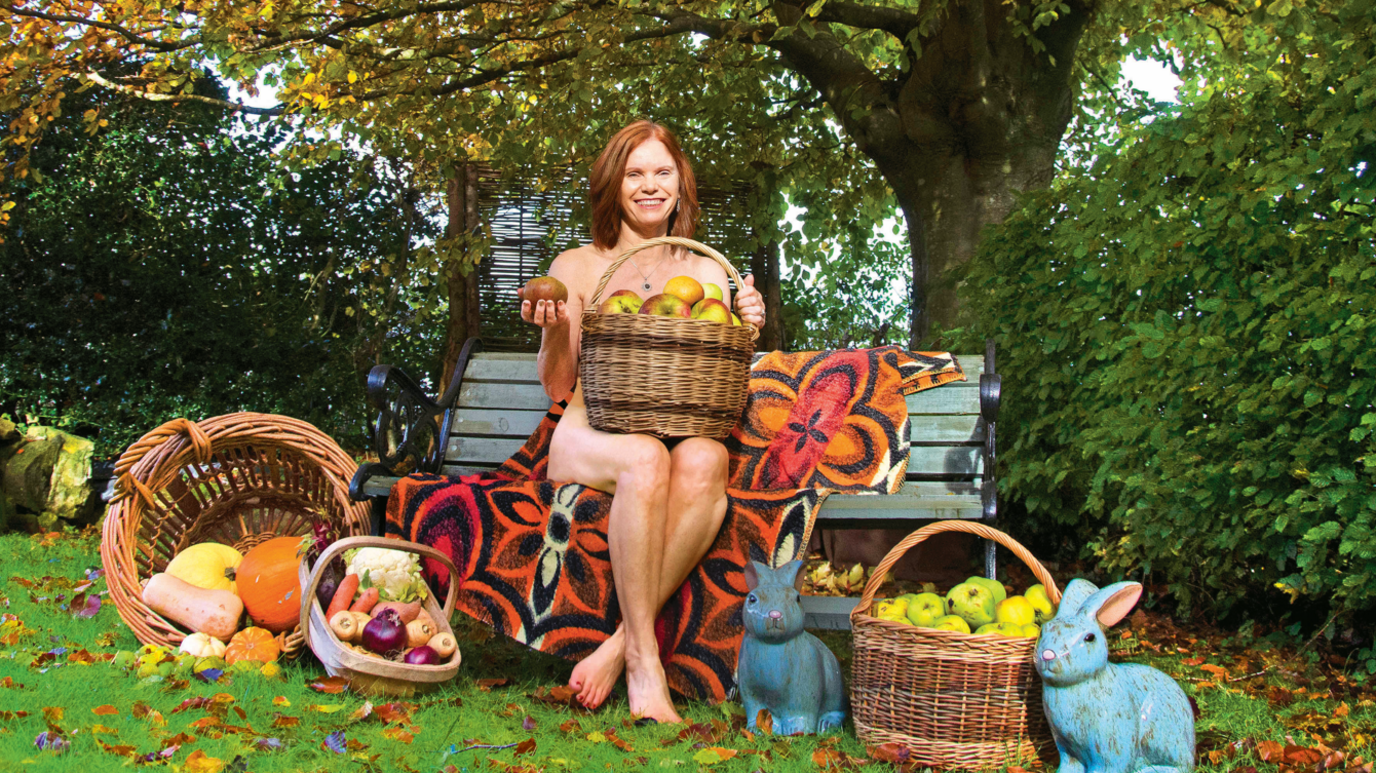
- Published24 December 2024
